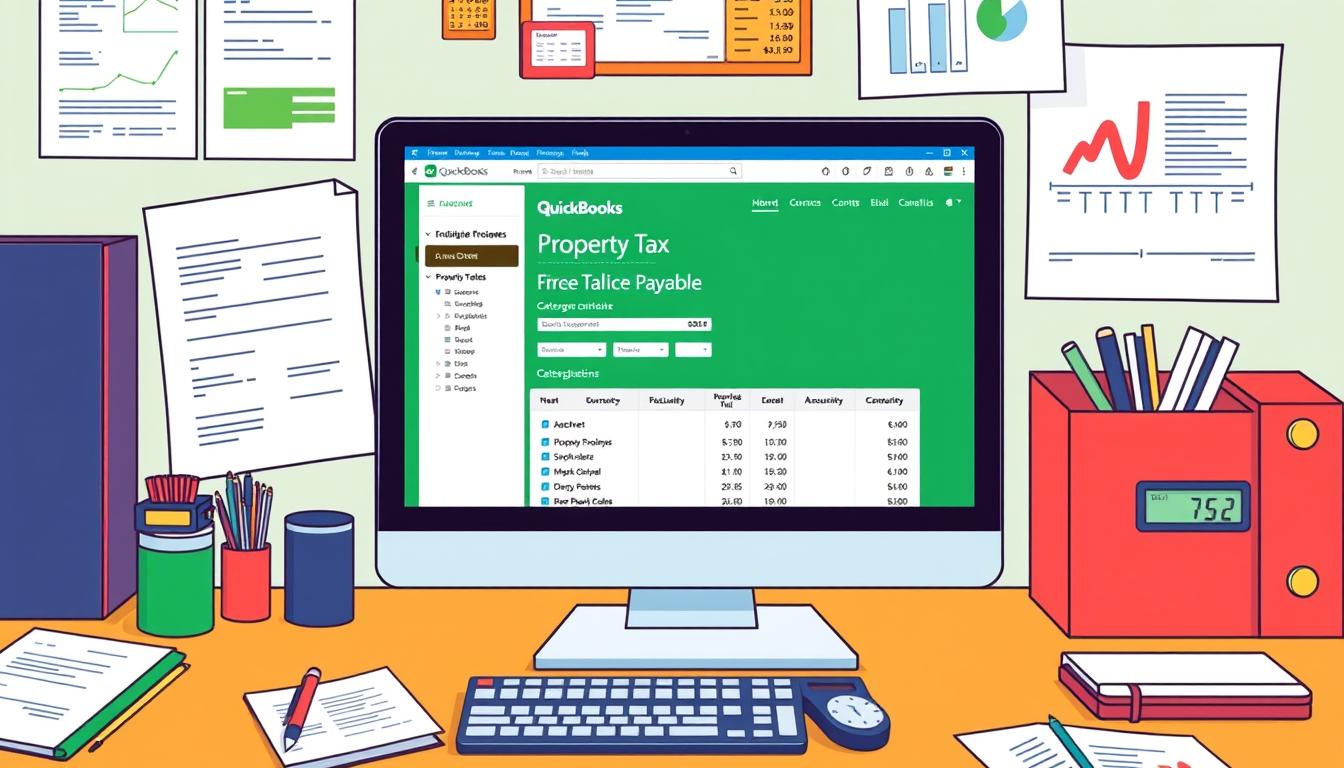
Can i write of quickbooks

Table of Contents
Many small and medium-sized businesses in the United States use QuickBooks for managing their finances. This software helps with tracking expenses, sending invoices, and handling payroll. Entrepreneurs often wonder if they can write off QuickBooks costs for tax purposes.
Knowing how QuickBooks fits into your financial plan can help you save on taxes. It makes accounting easier and helps manage business expenses better. QuickBooks is not just for accounting; it’s a tool for saving money on taxes too.
Key Takeaways
- QuickBooks is essential for effective financial management.
- Costs associated with QuickBooks may qualify as tax write-offs.
- Expense tracking in QuickBooks can lead to significant tax deductions.
- Understanding write-offs can enhance your overall financial strategy.
- QuickBooks offers tools to streamline accounting processes for SMBs.
Understanding Write-Offs in Accounting
Write-offs are key in accounting. They let businesses subtract real costs from their taxable income. This reduces taxes owed, helping with financial management.
They cover many business costs. This includes things like utilities, rent, and salaries. Losses from past years can also be written off.
To qualify for write-offs, businesses must follow tax rules. They need to keep detailed records of their expenses. This helps during audits and reviews.
Tracking write-offs well can greatly improve a company’s finances. It helps with tax planning and overall financial health.
The Importance of Accurate Financial Tracking
Keeping track of finances accurately is key for any business wanting to grow. Good accounting is the foundation for smart tax planning. By recording every financial deal carefully, businesses can make better choices.
Bookkeeping mistakes can cost a lot. Without a clear view of money coming in and going out, managing cash is tough. This makes it hard to pay employees and bills. It also makes tax time stressful, as errors can cause audit problems.
Using top-notch accounting software, like QuickBooks, makes tracking easier. QuickBooks helps track income, expenses, and financial health well. Its automated features cut down on mistakes and make following tax rules easier.
- Enhanced decision-making: Accurate records offer insights into financial trends.
- Time efficiency: Automated tools save time by reducing manual work.
- Improved tax compliance: Well-organized records make tax filing simpler.
In short, focusing on accurate financial tracking helps businesses. It supports managing cash flow and ensures timely payment of all financial duties.
| Benefits of Accurate Financial Tracking | Description |
|---|---|
| Improved Tax Preparation | Organized records make filing tax returns easier and more precise. |
| Reduced Financial Errors | Streamlined tracking minimizes discrepancies, enhancing accounting accuracy. |
| Effective Cash Flow Management | Clear visibility of cash flow allows for better planning and resource allocation. |
How QuickBooks Simplifies Write-Off Reporting
QuickBooks makes it easier for businesses to manage their finances. It automates record-keeping, helping spot write-offs. This means less chance of mistakes in financial reports.
The software’s easy-to-use interface helps track and categorize expenses. With a few clicks, businesses can see reports on potential write-offs. This makes it simpler to decide on tax filings and ensures all write-offs are considered.
QuickBooks offers financial reports tailored to your needs. You can create custom reports to analyze your finances. This helps in planning and understanding cash flow. It’s a big help for small businesses.
Using QuickBooks for Expense Management
QuickBooks is a top tool for managing expenses in today’s fast-paced business world. It has many features to help businesses track and manage their spending. By using QuickBooks, companies can make their financial processes smoother. They get a clear view of their spending and can handle complex business expenses better.
Tracking Business Expenses Effectively
QuickBooks makes it easy for companies to organize their expenses. It lets users track their spending in real-time. This helps them spot trends and find ways to save money.
It also makes budgeting and financial planning simpler. Users can:
- Set budgets and allocate funds to specific categories.
- Generate reports that highlight spending trends.
- Compare expenses against income, ensuring financial health.
Organizing Receipts and Documentation
Keeping accurate financial records is key for businesses. QuickBooks helps by digitizing receipts and linking them to expenses. This makes record-keeping easier, especially during tax season and audits.
- Easy retrieval of receipts when needed for verification.
- Simplifying tax write-off claims with organized documentation.
- Reducing the risk of lost or misplaced receipts.
This approach to expense management changes how businesses handle their financial documents. It leads to more accurate and efficient tracking of expenses.
| QuickBooks Features | Benefits |
|---|---|
| Real-time Expense Tracking | Identifies spending patterns for better financial analysis |
| Automatic Receipt Scanning | Streamlines receipt organization for easier access |
| Expense Categorization | Facilitates better budgeting and allocation of funds |
| Comprehensive Reporting | Aids in tracking performance over specified periods |
Common Write-Offs for Small Businesses
It’s key for small businesses to know about common write-offs. This helps in lowering taxable income and improving business accounting. By using these write-offs, business owners can cut down on what they owe in taxes. Here are some important areas to look at:
- Operational costs including rent, utilities, and insurance
- Office supplies such as paper, ink, and general procurement
- Business-related travel expenses covering lodging, meals, and transportation
- Equipment purchases necessary for business operations, including computers and machinery
Keeping detailed records of these write-offs is vital. It helps in accurately tracking finances. This not only helps with taxes but also with planning finances well.
| Write-Off Category | Description | Examples |
|---|---|---|
| Operational Costs | Regular expenses necessary for running the business. | Rent, utilities, insurance |
| Office Supplies | Materials used for day-to-day operations. | Papers, pens, computers |
| Travel Expenses | Costs incurred while traveling for business purposes. | Flights, hotels, meals |
| Equipment Purchases | Assets necessary for business functions. | Machinery, software, furniture |
Adding these common write-offs to accounting can really boost a small business’s financial health.
Setting Up QuickBooks for Write-Offs
Setting up QuickBooks right is key for businesses to manage write-offs well. A good QuickBooks setup helps track write-offs and makes financial reports more accurate. Here’s how to set up your accounts for the best use of this financial tool.
Configuring Account Settings
First, you need to set up the right accounts in QuickBooks. This makes sure all expenses and write-offs are recorded correctly. Here’s how to do it right:
- Go to your QuickBooks dashboard and find the Chart of Accounts section.
- Click New Account to make accounts for write-offs and expenses.
- Give these accounts clear labels that match your business’s write-off types.
- Make sure expense accounts are set up right for easy tracking and reports.
- Check these accounts often to keep them up to date with your business’s changes.
By following these steps, businesses can handle write-offs better and keep their financial data clear. QuickBooks, with the right setup, helps manage expenses well.
| Account Type | Description | Purpose |
|---|---|---|
| Write-Off Account | Specific account for recording all write-offs | Tracking and reporting write-offs accurately |
| Expense Account | General account for business expenses | Comprehensive tracking of all business-related expenditures |
| Review Account | Account for reviewing write-off trends | Identifying patterns and potential areas for savings |
Tax Deductions vs. Write-Offs in QuickBooks
It’s key to know the difference between tax deductions and write-offs for good money management. Tax deductions lower your taxable income. Write-offs are specific deductions for business costs. QuickBooks makes it easy to handle these in your accounting.
Knowing what expenses qualify as write-offs is crucial for small businesses. This can include things like operational costs, rent, and salaries. QuickBooks helps track these expenses well.
QuickBooks makes it simple to spot and sort these costs. It has features to track tax deductions all year. Business owners can use reports to see write-offs and prepare for taxes.
| Category | Tax Deductions | Write-Offs |
|---|---|---|
| Definition | Expenses that reduce taxable income | Specific types of deductions related to business costs |
| Common Examples | Utilities, business travel, employee salaries | Depreciation, home office expenses, charity donations |
| Accounting Treatment | Reduces overall tax liability | Reflected in financial statements as operating expenses |
| Tracking in QuickBooks | Utilize reports and categories | Easily categorize under specific write-off accounts |
This method helps entrepreneurs get the most out of their finances. Understanding tax deductions and write-offs in QuickBooks is key. It lets businesses use their tools to save more.
Features of QuickBooks for Financial Management
QuickBooks has many features for managing finances well. These features make accounting easier and give businesses the tools they need to make smart choices. Knowing how these work can really help a business’s finances.
Automated Reports and Analytics
QuickBooks is great at making automated reports. This means businesses can easily see their financial status without having to do it all by hand. These reports show trends, expenses, and how much money is coming in.
Users can change these reports to focus on what they need to know. This helps them understand their finances better.
Integration with Other Financial Tools
QuickBooks also works well with other financial tools. It connects easily with many apps, making it even more useful. This connection lets businesses share data without having to enter it twice.
So, managing finances becomes easier and more accurate. This makes work flow better and helps avoid mistakes.
| Feature | Description | Benefits |
|---|---|---|
| Automated Reports | Generate financial reports automatically. | Reduces time spent on report creation, enhances accuracy. |
| Analytics | Access detailed insights and trends. | Improves decision-making, helps in strategic planning. |
| Integration Tools | Connect with other financial applications. | Enhances workflow efficiency, eliminates data redundancy. |
Monitoring Your Tax Write-Offs
Keeping an eye on your tax monitoring is key for business owners wanting to get the most from QuickBooks write-offs. It’s important to regularly check and track your write-offs. This makes tax season easier. QuickBooks has tools to help you stay on top of your finances all year, making tax time less stressful.
QuickBooks’ reporting tools make financial analysis easier. You can create reports that show you where your money is going. This helps you spot patterns and make sure you’re not missing out on any business expenses. It’s a smart way to get a better view of your finances and run your business more smoothly.
Try to make it a habit to check your financial reports every month. This keeps your accounts up to date and balanced. A regular check-up helps you avoid missing any write-offs. Staying on top of your deductions makes your year-end review much easier.
- Generate monthly expense reports.
- Regularly update categorization of transactions.
- Review past write-offs to find consistent trends.
In short, tax monitoring in QuickBooks helps you manage your finances better. Using these tools well lets businesses be more accurate and make the most of their tax write-offs.
Tips for Maximizing Your Write-Offs with QuickBooks
Business owners can greatly benefit from using QuickBooks. It helps in maximizing write-offs and saving on taxes. By using smart strategies, managing finances becomes easier and tax reporting more accurate.
- Keep Organized Records: Keep all receipts and invoices up to date in QuickBooks. This makes tracking easier and helps you not miss any deductions.
- Review Accounts Regularly: It’s important to check your accounts often for write-offs. Being proactive can help you find more deductions.
- Utilize Automated Features: QuickBooks has features for tracking expenses. Using automated reports can simplify finding deductible transactions.
- Set Up Expense Categories: Organizing expenses in QuickBooks makes tax time easier. Correct categories help spot write-offs fast.
- Seek Professional Advice: Getting advice from an accountant who knows QuickBooks can be very helpful. They can suggest ways to save more on taxes.
By following these QuickBooks tips, business owners can better manage their finances. They can also maximize write-offs during tax season. Being organized and using the software well improves financial health and write-off chances.
Conclusion
QuickBooks makes tracking write-offs easier for business owners. It has a simple interface that helps categorize expenses. This way, no deductions are missed.
Using QuickBooks helps businesses stay on top of tax obligations. It gives users tools to understand their spending. This leads to better financial planning.
QuickBooks is key to managing finances well. It helps businesses handle write-offs effectively. This leads to better financial health and growth.
FAQ
Can I write off QuickBooks as a business expense?
Yes, you can write off QuickBooks as a business expense. It’s a legitimate cost for accounting software in your business.
What are the tax implications of write-offs?
Write-offs can lower your taxable income. This might reduce your taxes. You can usually deduct business costs like operating expenses.
How can QuickBooks assist with accurate financial tracking?
QuickBooks offers tools for tracking expenses in real-time. This helps keep your financial records accurate for taxes and managing cash flow.
What features does QuickBooks offer for write-off reporting?
QuickBooks has features for tracking and reporting write-offs. These make it easy to identify and report eligible expenses, simplifying financial reports.
How does QuickBooks help with organizing receipts for expenses?
QuickBooks lets you digitize receipts and link them to expenses. This makes organizing and keeping records for tax write-offs and audits easier.
What are common write-offs small businesses can claim?
Small businesses can write off many costs. This includes operational expenses, office supplies, business travel, and equipment purchases. These help with tax planning and financial management.
How do I set up QuickBooks for managing write-offs?
To set up QuickBooks for write-offs, create accounts for tracking expenses. Then, categorize write-offs correctly for accurate reporting.
What’s the difference between tax deductions and write-offs in QuickBooks?
Tax deductions lower your taxable income. Write-offs are specific deductions for business expenses. Both are managed in QuickBooks.
What key features of QuickBooks support financial management?
QuickBooks has automated reports and integrates with other financial tools. These features help track your financial health better.
How can I monitor my tax write-offs effectively?
QuickBooks offers reports to track tax write-offs throughout the year. This ensures all eligible expenses are accounted for during tax preparation.
What tips can help maximize my write-offs using QuickBooks?
Keep records organized, regularly check accounts for write-offs, and use QuickBooks’ automated features. These steps can greatly increase your write-offs and tax savings.
- Tags: intuit quickbooks, intuit quickbooks login, intuit quickbooks online, quickbook, quickbooks, quickbooks accounting software, quickbooks customer service, quickbooks customer service number, quickbooks desktop, quickbooks desktop 2024, quickbooks log in, quickbooks login, quickbooks login online, quickbooks online, quickbooks online accountant, quickbooks online accounting, quickbooks online customer service, quickbooks online login, quickbooks online pricing, quickbooks payroll, quickbooks self employed, quickbooks software, quickbooks support phone number, quickbooks time, quickbooks time login, quickbooks workforce
Top Products
- QuickBooks Desktop Pro 2024 US Version
- QuickBooks Desktop Pro 2023 US Version
- QuickBooks Desktop Pro 2022 US Version
- QuickBooks Desktop Premier 2024 US Version
- QuickBooks Desktop Premier 2023 US Version
- QuickBooks Desktop Premier 2022 US Version
- QuickBooks Desktop Accountant 2024 US Version
- QuickBooks Desktop Accountant 2023 US Version
- QuickBooks Desktop Enterprise 2024 US Version
- QuickBooks Desktop Enterprise 2023 US Version
- QuickBooks for Mac 2024
- QuickBooks for Mac 2023
Popular Posts

How to categorize property tax payable in quickbooks online
Knowing how to categorize property tax payable in QuickBooks Online is key for keeping your financial records right. Property tax payable is the amount your business owes in property taxes. It can greatly affect your financial health. By learning to categorize property tax well, businesses can make sure their financial statements show their true obligations.
This knowledge is crucial as we dive into the steps and best practices for handling property tax payable in QuickBooks Online.
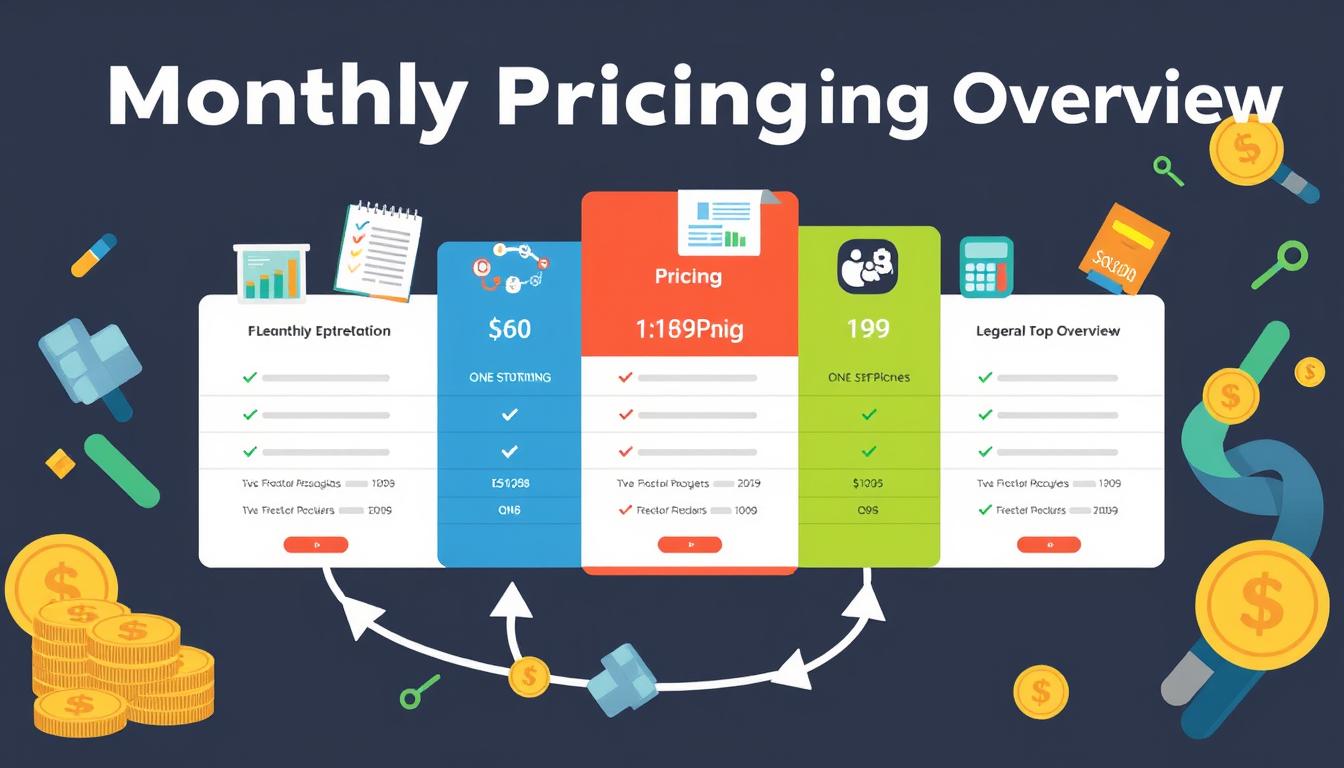
How much is quickbooks per month
Many users want to know the QuickBooks pricing for monthly costs. QuickBooks has various plans for different business needs. This lets users pick the right plan for their financial management.
What affects the QuickBooks monthly cost includes the QuickBooks edition, payment frequency, and extra features. This guide will explain the details of these plans. It will help you understand the costs of using QuickBooks for your business.

How does quickbooks work
QuickBooks is a key accounting software made by Intuit. It helps businesses manage their finances well. It works on a cloud-based platform, so users can access their financial data from anywhere.
This software makes tasks like bookkeeping, invoicing, and financial reporting easier. In this article, we’ll look at QuickBooks’ main features, its users, benefits, and challenges. We aim to help you understand how it can improve your financial management.

How do you record insurance payment in quickbooks
Recording insurance payments in QuickBooks is key for good insurance accounting. It helps business owners manage their money well and keep their books right. This is vital for the health of any business.
In this guide, we’ll show you how to record insurance payments easily. We’ll use QuickBooks guides and tips from accounting experts. This way, you can keep your financial records up to date.

How do you clock in hours in quickbooks desktop
In today’s fast-paced world, tracking time well is key for good payroll management. This article will show you how to clock in hours in QuickBooks Desktop. It’s a top accounting software that makes managing tasks easier. By learning how to track time, businesses can work better and pay employees right.
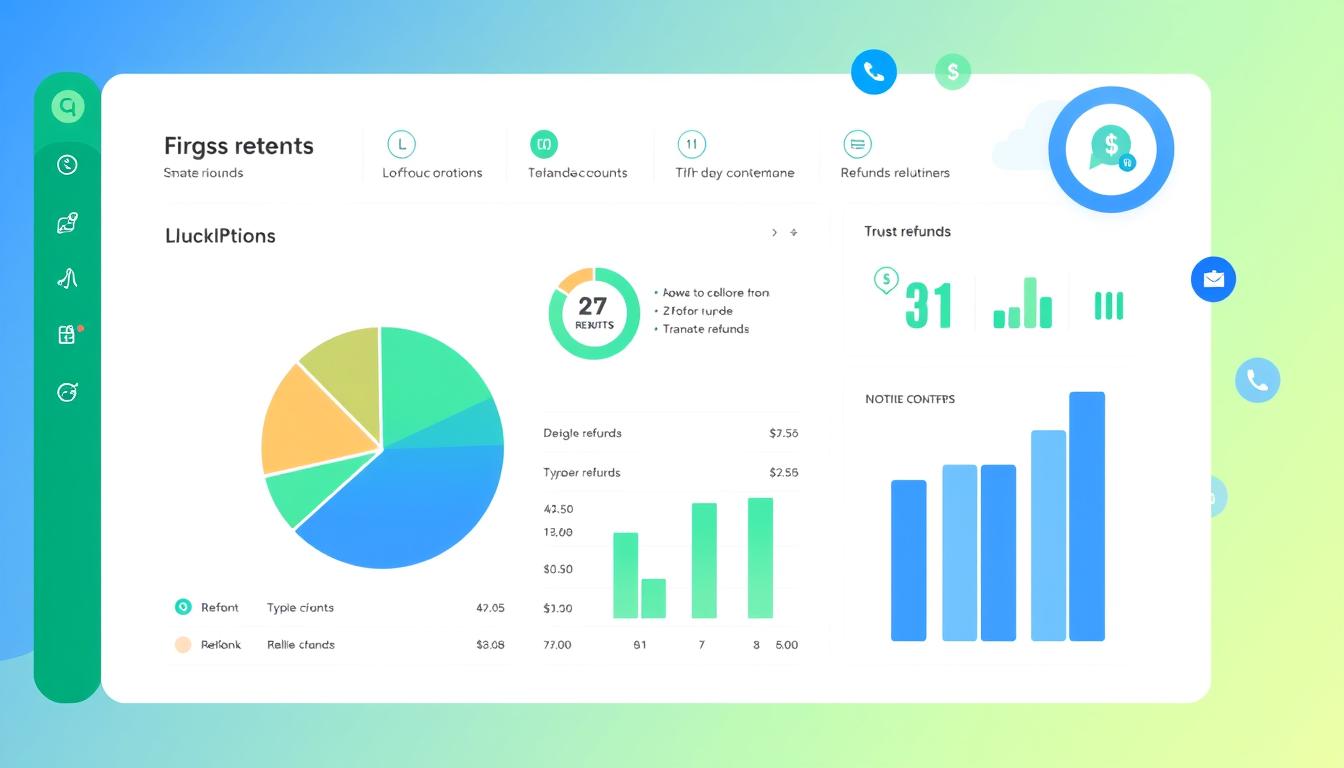
How are refunds categorized in quickbooks online
Knowing how to categorize refunds in QuickBooks Online is key for good financial management. It’s important to record refunds correctly to keep your finances clear. Businesses of all sizes can benefit from knowing how to do this right.
This knowledge helps make your financial records clear and accurate. It’s a basic step that can make a big difference.

Does quoteiq accept quickbooks online payments
Payment solutions are key in today’s business world. Many are looking into how platforms like QuoteIQ can improve their invoicing. A big question is: does QuoteIQ accept QuickBooks Online Payments? This article explores how QuoteIQ and QuickBooks Online Payments work together.
This shows how important it is to have good payment integration. It helps with cash flow and makes operations smoother. We’ll look at the benefits of using QuoteIQ with QuickBooks Online Payments. Plus, we’ll show you how to set it up.

Can you delete history under audit log quickbooks online
It’s important to know if you can delete entries from the audit log in QuickBooks Online. This is key for businesses that focus on financial accuracy and follow the rules. The audit log QuickBooks Online keeps a detailed history of changes to financial data. This ensures that all account activities are recorded clearly.
By tracking these changes, the audit log is crucial for good financial management. We will look into why the audit log matters and what happens if you try to delete its records. We’ll see how these actions impact your QuickBooks history.
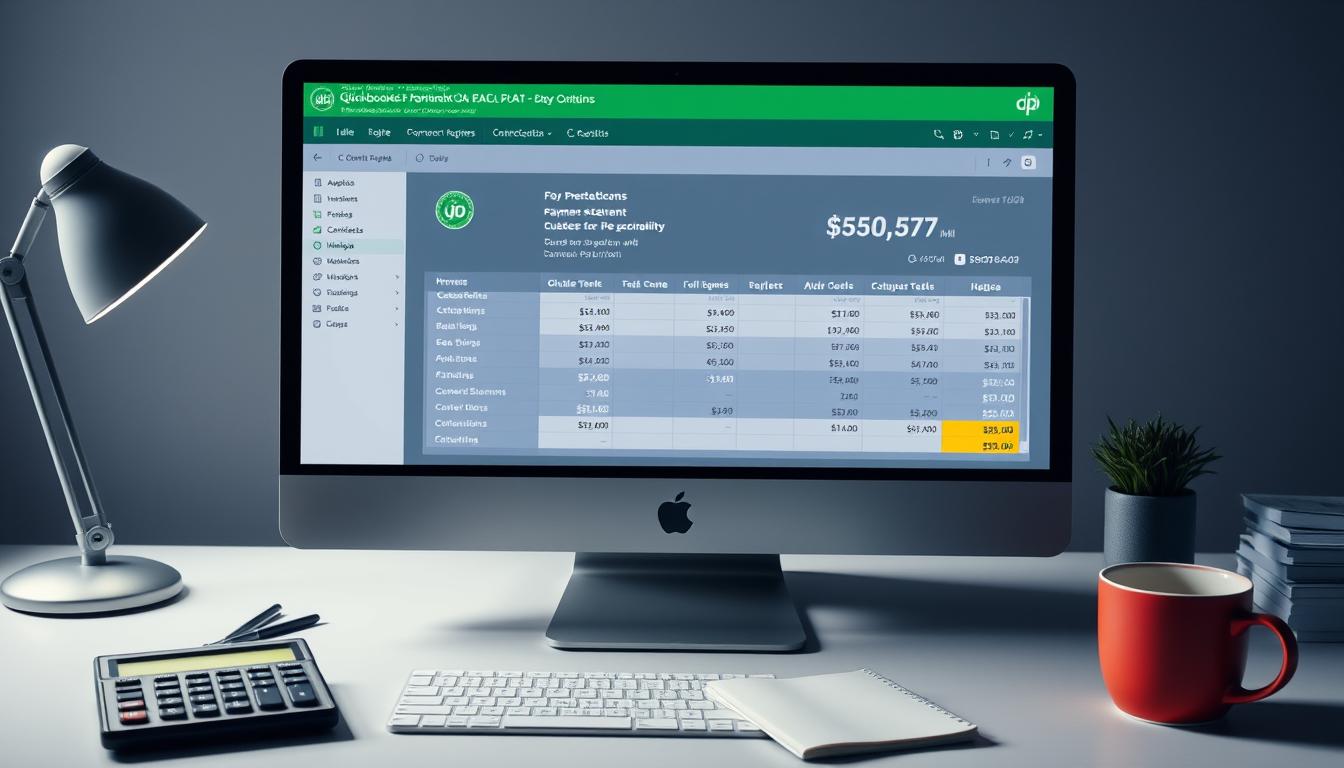
Can quickbooks recievepayment by statements rather that individual invoices
In today’s fast-paced world, businesses need quick and easy ways to handle payments. Many QuickBooks users wonder if they can pay by statements instead of invoices. This method makes accounting simpler for companies.
Using payment statements has big advantages over traditional invoices. QuickBooks helps businesses manage payments better. This article will show you how payment statements work in QuickBooks and how they can help your business.
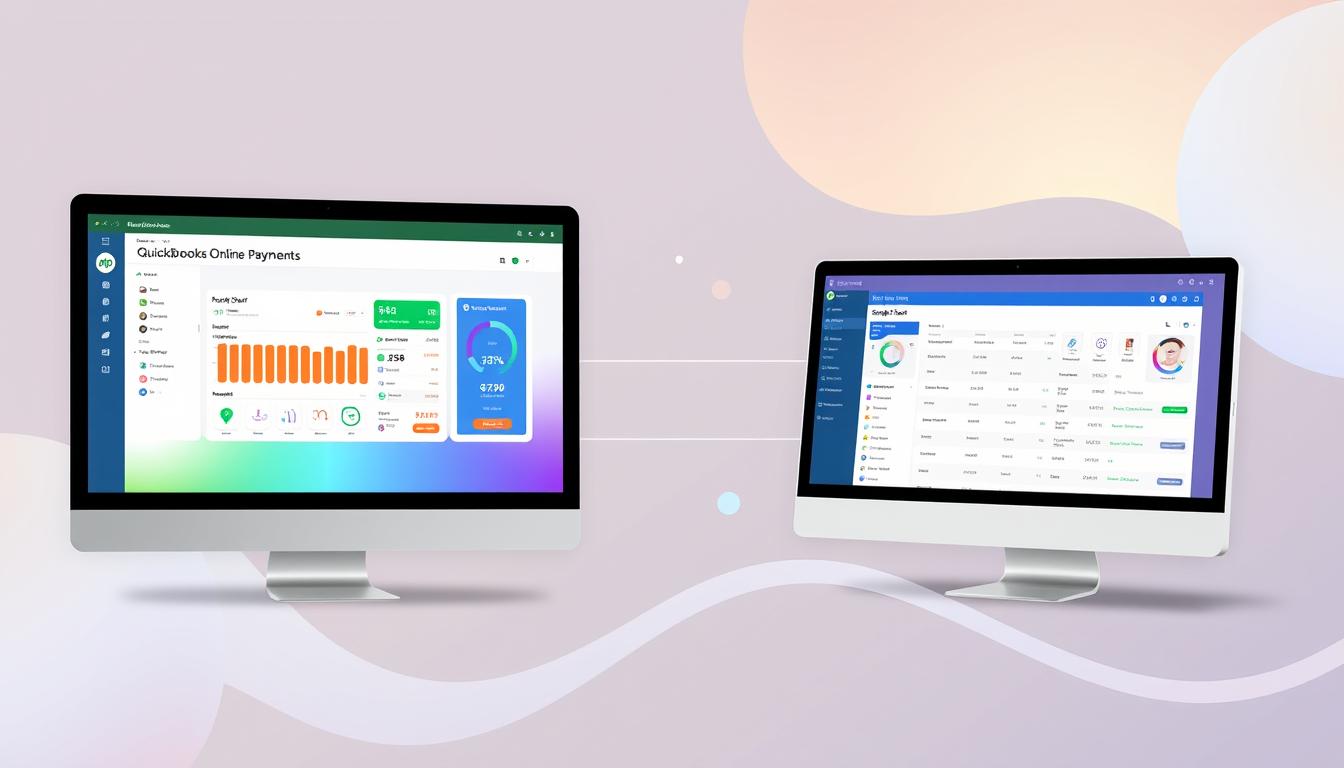
Can quickbooks online payments work with simple start
For small business owners, the question of whether QuickBooks Online Payments and QuickBooks Simple Start can work together is key. This integration is vital for managing finances effectively. It helps users handle transactions smoothly while using a basic accounting tool for solo businesses.
QuickBooks Online Payments lets users take payments online, making cash flow management easier. In this article, we explore how these two tools can boost efficiency for small businesses.